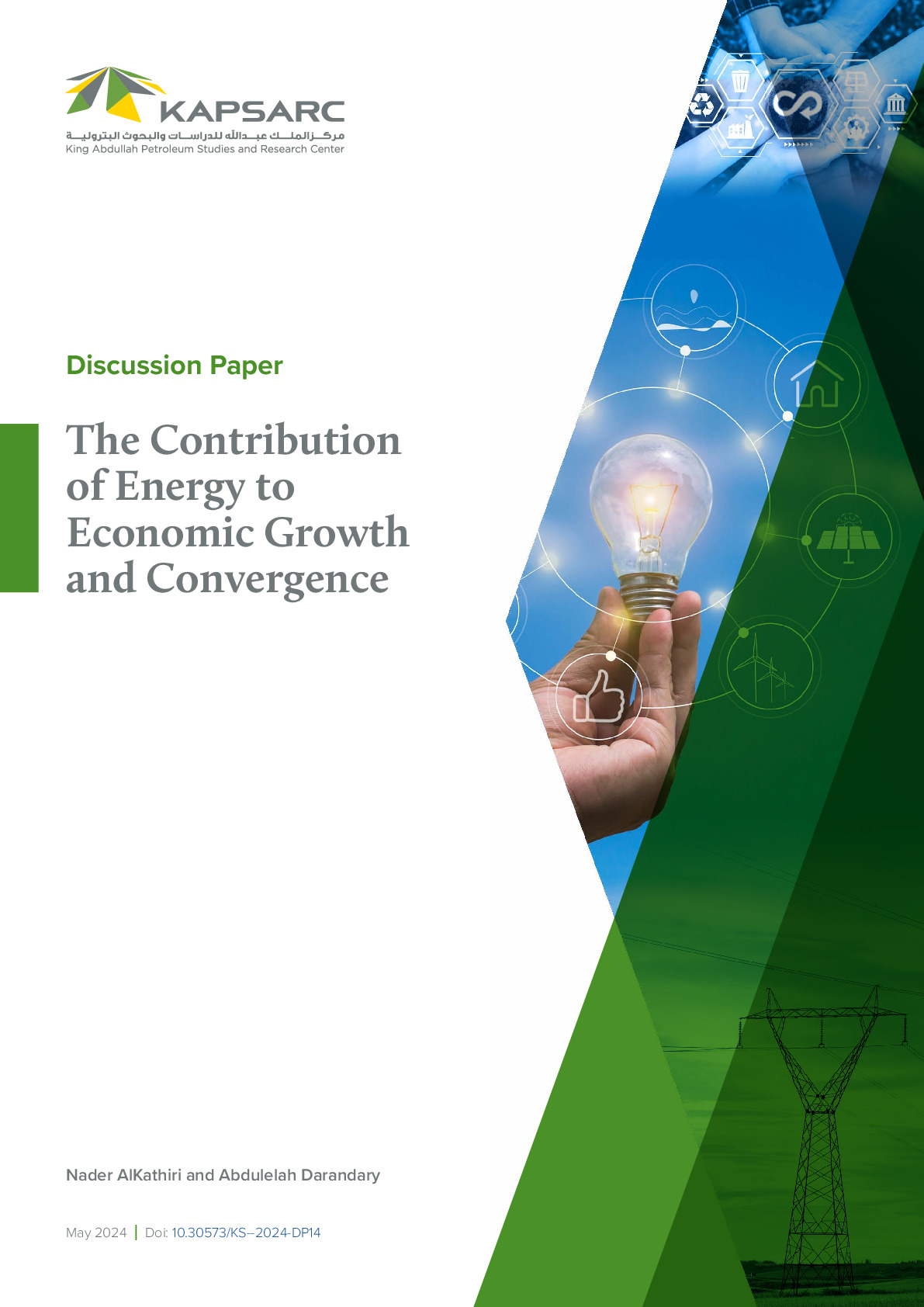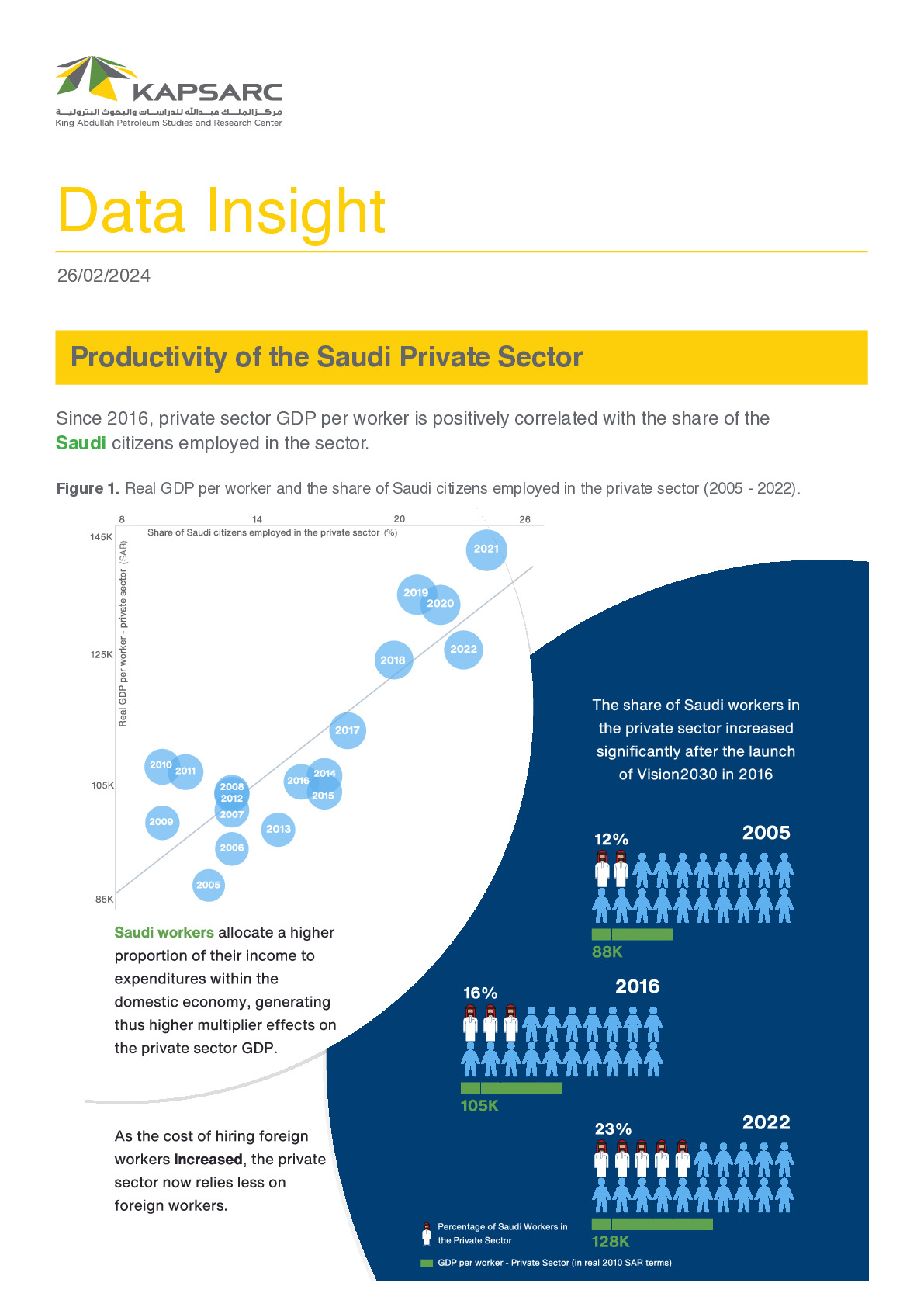It is popularly believed that importers of oil diversify their suppliers to achieve security of supply and that exporters diversify their customer base to achieve security of demand. However, this diversification comes at a cost, compared with buying from or selling to the most economically attractive counterparties— analogous to paying an insurance premium. In fact, our research suggests that this illustration may not properly describe the outcomes for large individual producers or consumers (or coalitions of these) and that diversification can also be a strategy for revenue maximization or cost minimization. We have developed KAPSARC’s Global Oil Trade Model (GOTM), which is calibrated to the configuration of the global oil markets in 2012, to demonstrate our framework. Our model shows that, in 2012, the volumes of supply and demand and the trade flows constrain the valid candidates to combine diversification with economic gain. Only the trading pair of the Arabian Gulf exporters and North East Asian importers can benefit. This is the illustration that we develop in this paper. However, a future reconfiguration of crude flows—perhaps with growth in North American exports to the Pacific or a major pivot by Russia to sell material volumes to China and other North East Asian customers—could introduce new players. KAPSARC’s framework may prove valuable to understanding potential future dislocations in crude oil trade flows.







